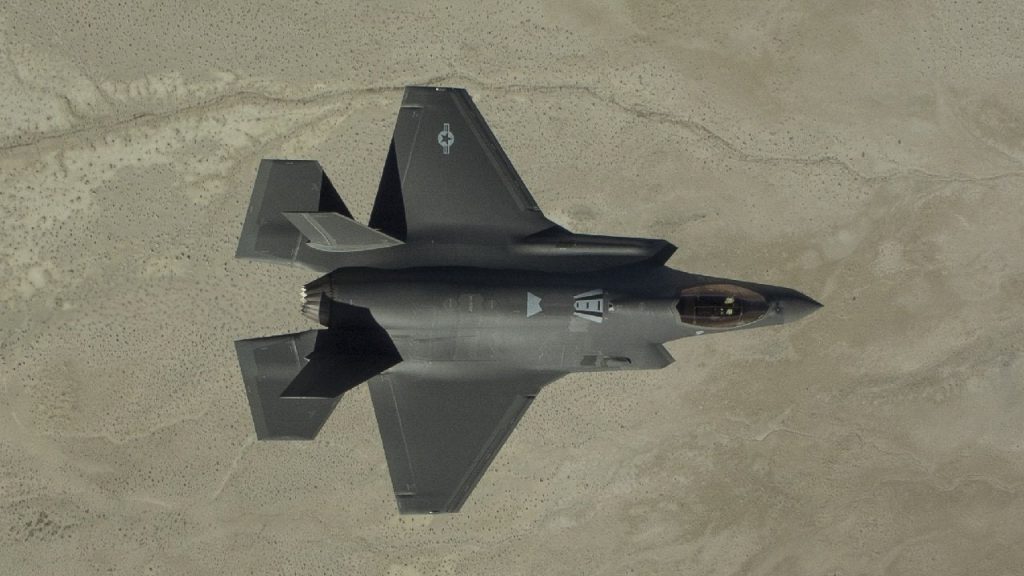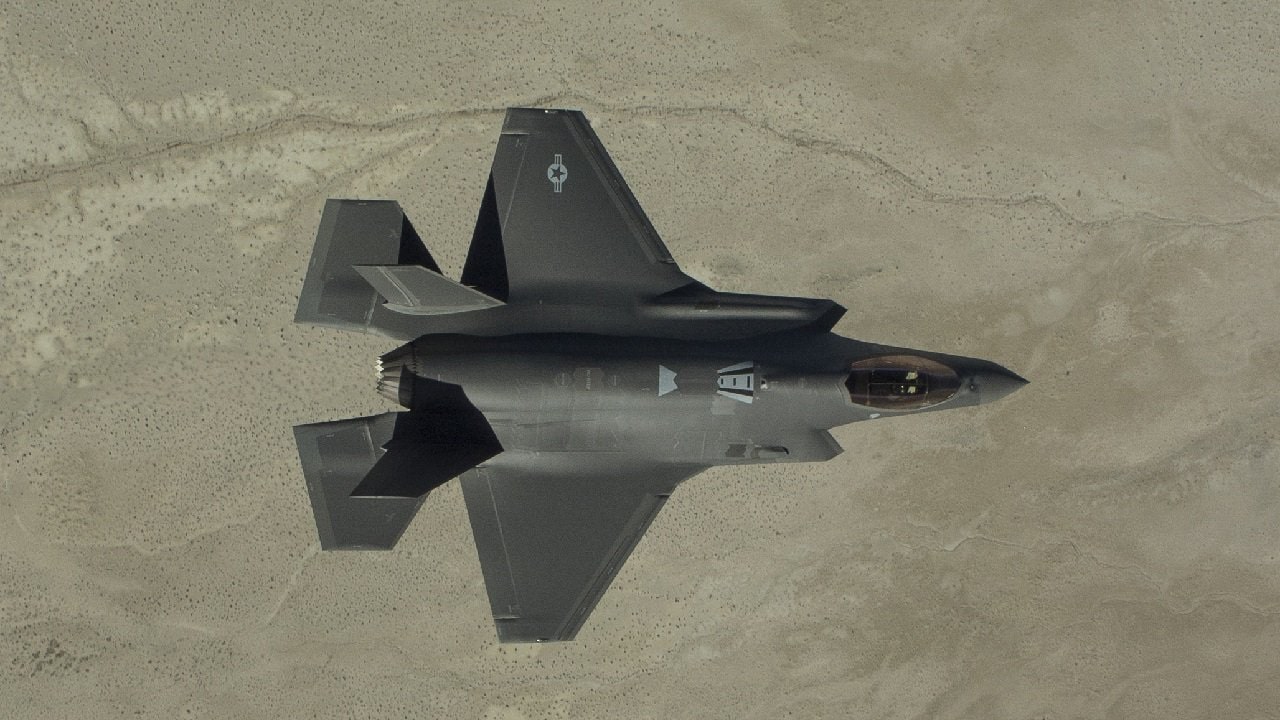It’s hard to imagine a world where Lockheed Martin and other manufacturers stop making the F-35.

What would happen if the F-35 project was shelved indefinitely?
Only there were 186 stealth Raptors sent before the cancellation of the F-22 program in 2011. Roughly 450 F-35s are currently in service with the U.S. military, and the Air Force, Navy, and Marine Corps want to purchase roughly 2,500 more. 61 F-35s across all three variants are authorized to be purchased under the National Defense Authorization Act for FY23.
They wouldn’t be delivered if the F-35 plan was scrapped right now. Neither Russia nor China is ever a cause for concern. Since Russia and China continue producing stealth fighters like the Su-57 and J-20, the United States military would have to do with lesser Lightning IIs than it needs.
There would be a national impact on jobs, readiness, and the military’s ability to deploy at full strength.
Lockheed Martin’s main plant is located in Fort Worth, Texas, the third largest employer. Around 55,500 Texans are employed “directly or indirectly” by the company. The plane’s fuselage is made in California, while the tail is produced in the United Kingdom.
Additionally, construction is happening in both Japan and Italy.
Every year, it has a $65 billion impact on the U.S. economy, according to estimates by Lockheed Martin. There are 1,650 different suppliers for various airplane parts. According to Lockheed, this is enough to support 298 000 manufacturing jobs.
With Trump in the White House, the F-35 program was in jeopardy in 2016. According to reports, he was given a series of briefings in which the project’s delays and budget overruns were criticized. In 2016, while still a presidential candidate, Donald Trump tweeted, “The F-35 program and cost are out of control.” After January 20th, we can and will save billions of dollars on military and other purchases.
Citizens of Fort Worth and the rest of Texas were taken aback. Did this mean funding for the F-35 would be reduced or scrapped under the Trump administration? Senator John Cornyn and Senator Ted Cruz, along with Representatives Marc Veasey and Kay Granger from Texas, lobbied the White House to prevent the F-35 from being scrapped.
They made an effort to defend the show by writing letters and giving interviews to the press. Could Congress prevent a cancellation if the Biden administration was determined to drastically reduce it? Again, a determined president could push for reductions or cancellations.
There has been a huge uptick in F-35 sales to foreign militaries, but that would have to halt. As of now, 14 countries around the world have committed to supporting the F-35 program. The United Kingdom, Germany, South Korea, Norway, Israel, Finland, Switzerland, Poland, and Japan are just some countries that have already made purchases.
NATO members have reevaluated their security situation and are looking to the F-35 to help them with their defense needs in light of the conflict in Ukraine.
If the F-35 were canceled, these countries would be in a difficult position. A stealth fighter of the fifth generation to take its place doesn’t exist.
It’s hard to conceive of a world where Lockheed Martin and other major manufacturers go out of business. As a result, the military preparedness of the United States would suffer. The consequences for the national economy’s growth would be negative, and international partners would be disappointed. Worldwide anarchy would ensue as a result of this. As a result, replacement components would be hard to come by.
The cost of maintaining the current fleet of fighters would rise, and Russia and China would likely keep developing stealth fighters that would weaken U.S. and allied national security. Before stopping F-35 production, U.S. policymakers need to think carefully about how it would affect the rest of the world.






